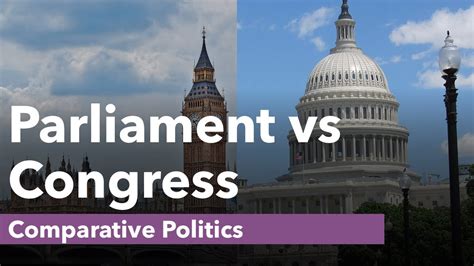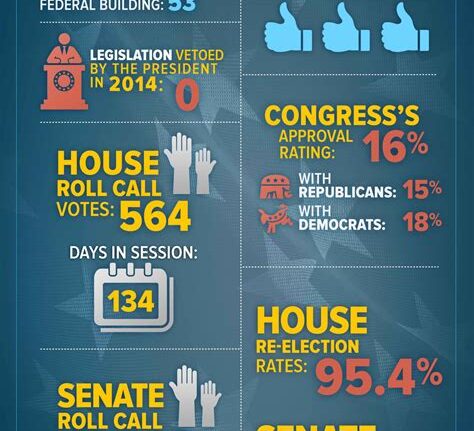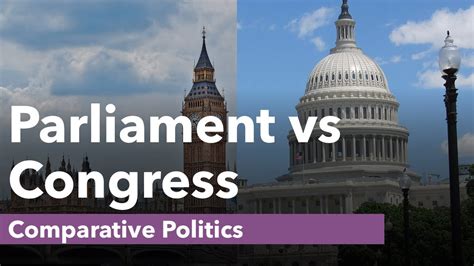After the defeat of the Indigenous voice referendum, Mick Gooda expressed disappointment in the major parties’ lack of bold initiatives for Indigenous affairs. The Labor and Coalition leaders seemed to have shifted their focus from symbolic gestures to practical actions in addressing the disparities faced by Aboriginal and Torres Strait Islander communities.
The call for a referendum on an Indigenous voice to parliament gained momentum during the 2022 election but has somewhat faded in prominence during the current campaign. Mick Gooda, a prominent figure advocating for Indigenous rights, emphasized the need for political courage in shaping a clear vision for advancing Indigenous issues.
Mick Gooda emphasized:
“We need courage now… Have they abandoned the three pillars of Uluru? Once we know where they stand… we can move forward.”
While Labor reiterated its commitment to truth-telling principles, both major parties pledged to concentrate on tangible measures rather than symbolic gestures to bridge the gap in Indigenous disadvantages. The focus has shifted towards collaborating with First Nations organizations and governments at various levels to enhance outcomes for Aboriginal and Torres Strait Islander Australians.
Thomas Mayo highlighted:
“It’s disappointing that it isn’t a greater priority to address truth-telling and agreement making… One major party says they’re still committed to it, and that’s not enough.”
However, there are concerns about a decline in attention given to Indigenous issues following the setback of the 2023 referendum. Thomas Mayo pointed out a reluctance among politicians to engage deeply with these matters due to opposition tactics spreading misinformation about treaty processes and truth-telling efforts.
Lidia Thorpe shared her perspective:
“Labor have been very, very disappointing in the last three years… They’ve completely walked away from treaty. They’ve completely walked away from truth-telling.”
Furthermore, Lidia Thorpe emphasized that any audit of Indigenous affairs expenditure must be culturally sensitive and inclusive of Indigenous voices. She stressed that such inquiries should uphold self-determination principles without resorting to discriminatory approaches.
As Australia navigates through complex issues related to Indigenous recognition and advocacy, there is a growing need for genuine dialogue, transformative policies, and sustained efforts by political leaders across party lines. The journey towards reconciliation demands unwavering commitment from all stakeholders involved in shaping Australia’s future trajectory concerning its First Nations peoples.









Leave feedback about this